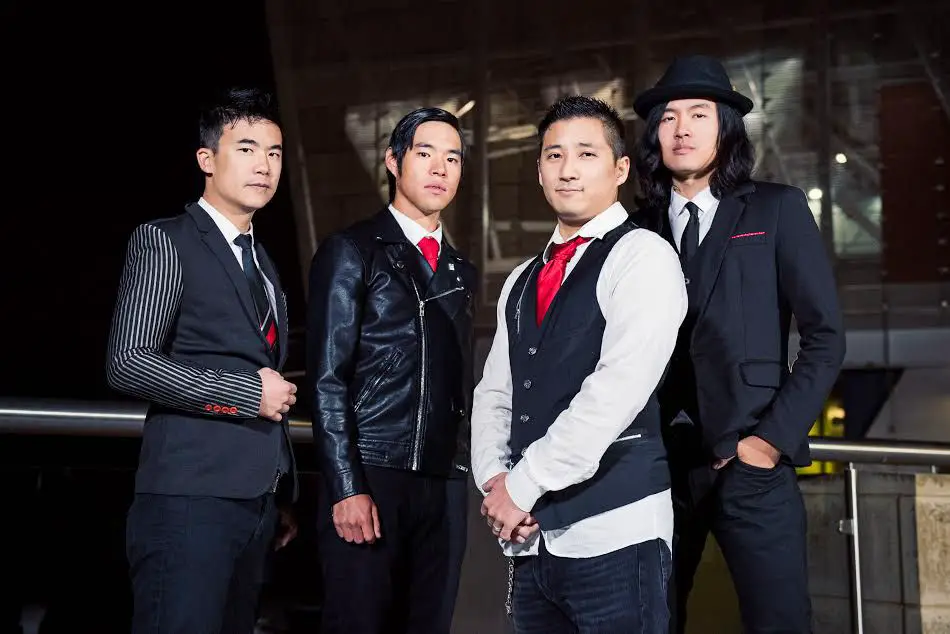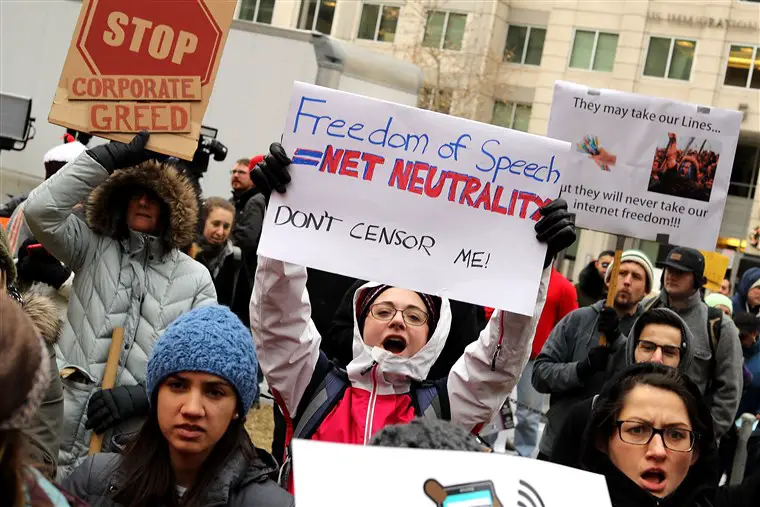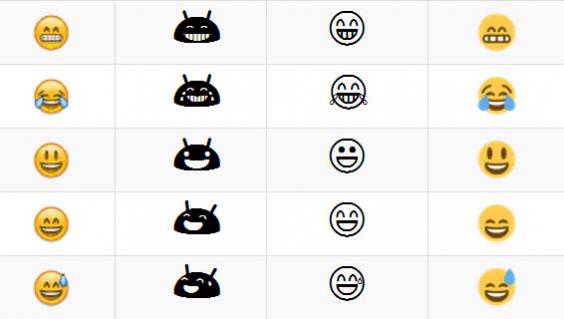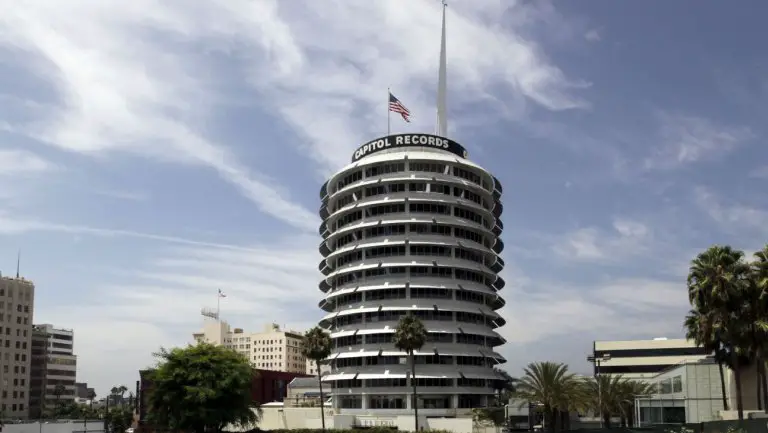
A Coda for The Slants
It’s been a helluva week for Simon Tam and The Slants.
On Monday, when the Supreme Court unanimously ruled in favour of the band, finding that the US Patent and Trademark Office violated their First Amendment rights by denying them a trademark for their name, it closed an eight-year saga for Tam. He chose to call his band The Slants after talking with non-Asian American friends about what stereotypes they commonly heard about people of Asian descent; USPTO denied the trademark because it believed the name was disparaging against Asian Americans.
Tam and the band declared Monday’s ruling a victory for not just themselves but for any marginalized group, including other people of colour and the LGBTQ community among others.
The ripples don’t stop there, however.
On Tuesday evening, the band appeared on The Daily Show, telling their story to correspondent Ronny Chieng. Cheing suggested, tongue-in-cheek, that not only was “The Slants” not that racially offensive a name, but that the band could’ve gone with someone else like the “Ching Chong Singalongs” if they really wanted to piss people off or push the envelope.
It’s also come to light that a new magazine started by two Asian American women, Katerina Jeng and Krystie Mak, called Slant’d, is publishing soon, just as the SCOTUS decision changed the landscape for free speech protections. It turns out the name is purely coincidental: Jeng tells Westword she hadn’t heard of the band before Monday’s decision. To her, this “just goes to show that there is an overwhelming desire to change the Asian-American narrative and to dismantle these stereotypes.”
Coverage of the case has been all over the media in the US, including CNN, blogs, Slate, Rolling Stone and the Washington Post, which can’t seem to talk about The Slants without linking a related but wholly different legal situation involving the Washington NFL team.
The court’s decision also is forcing some newspapers to reconsider their position on issues like the football team’s name.
The New York Times called the Supreme Court’s ruling “the right call,” because “Speech may not be banned on the ground that it expresses ideas that offend,” as noted by Justice Samuel Alito.
“The free-speech clause doesn’t apply to the government’s own speech, but registered trademarks can’t be put into that category—otherwise the government would have to argue that it endorses each of the more than two million trademarks it has already registered, the paper’s editorial board says.
Further, the paper has previously spoken out against the Washington football team and its name, finding it insulting to Native Americans and insensitive to their history. When the team lost their trademark protection in 2014, “this page supported the Trademark Office’s decision, and we still regard the Redskins name as offensive. Based on this case, however, we’ve since reconsidered our underlying position.”
That’s quite a change.
What this case, and this ruling, will mean long-term for the registration of trademarks that might be deemed offensive to one group or another, for other First Amendment cases, and for the band, remains to be seen. It was a little weird to see Anthony Elonis, himself a First Amendment plaintiff before the Supreme Court (in a really messed up but incredibly interesting case), congratulating The Slants on their victory, but the First Amendment protects speech whether we like it or not. That’s it’s job, and this week the Supreme Court further protected it.
https://twitter.com/elonisvtheworld/status/877140267001950208



